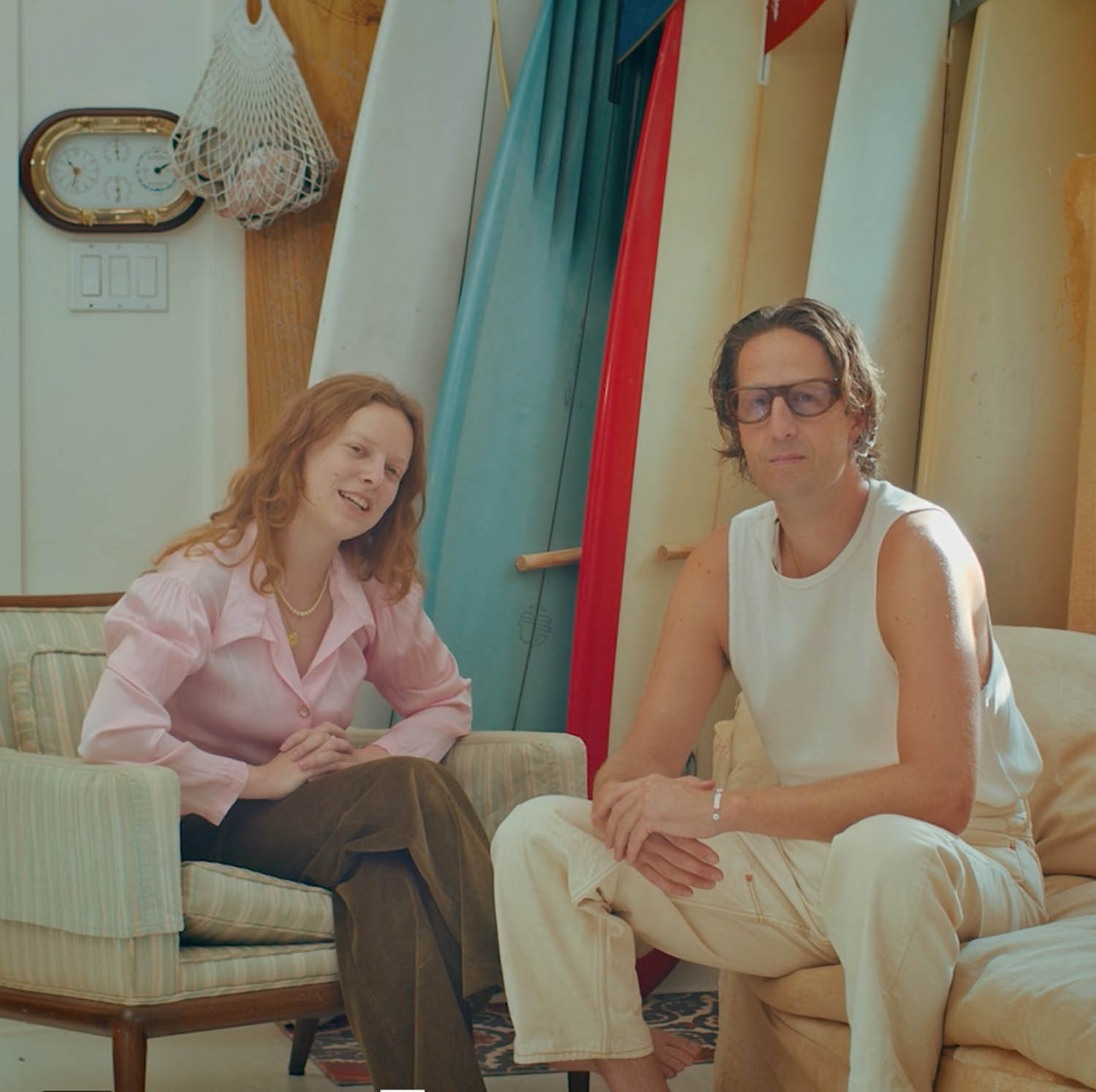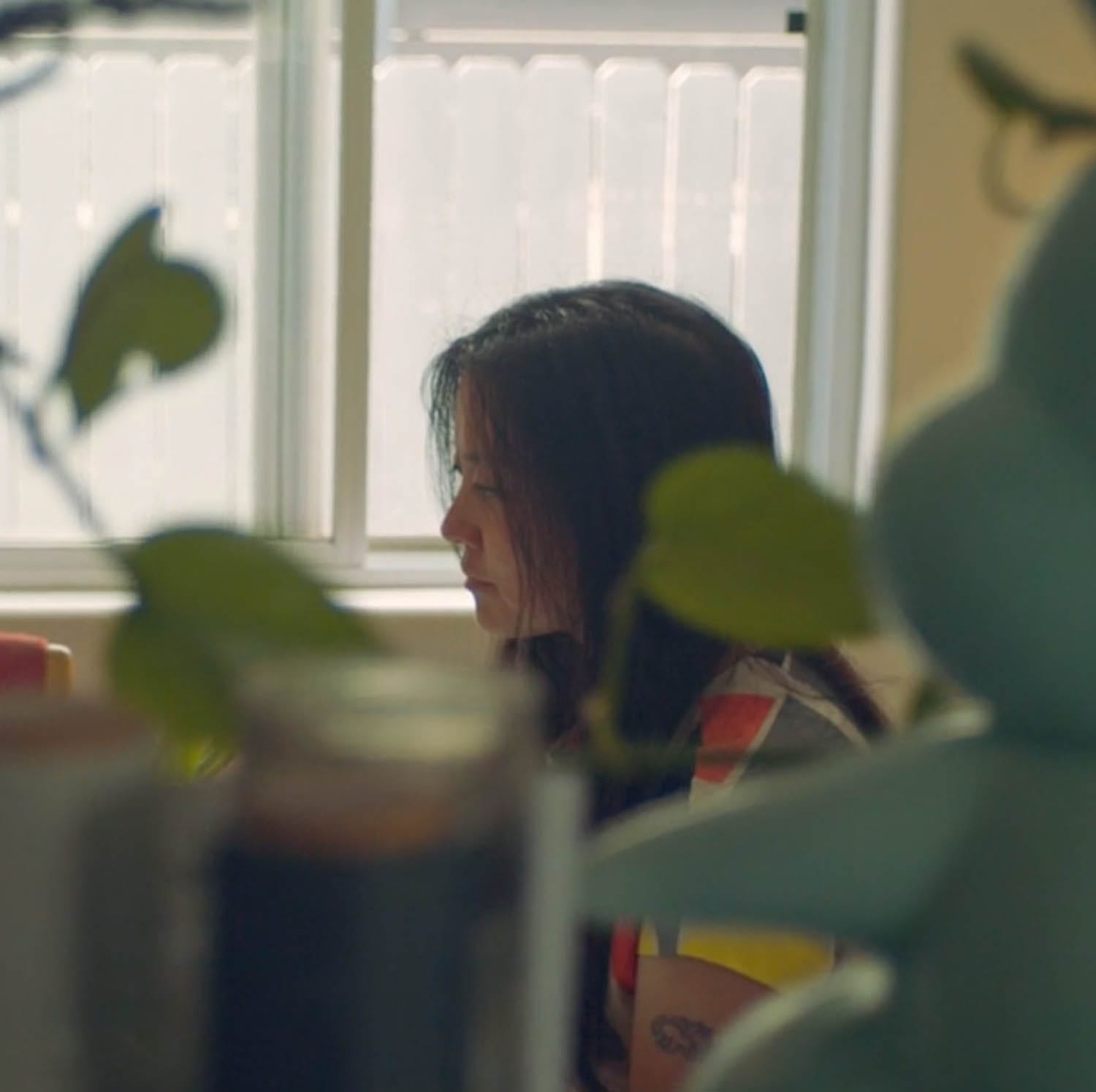James Vincent McMorrow, the Irish singer-songwriter known for his lilting falsetto and murmured ballads, recently performed an intimate Sunset Sounds at NeueHouse Hollywood, ahead of the release of his new album, Wide Open, Horses. After the show we caught up with him to discuss his artistic evolution, how location factors into his creative process, and the vital place of the audience in music’s production.
This interview has been edited for length and clarity.
NeueJournal:
You’re about to go on tour for your new album, Wide Open, Horses, which drops in June. How does it feel?
James Vincent McMorrow:
Everything feels very new again, and like there’s stakes to it again. When we last finished touring in 2017, I’d made two albums in a year, we did like, 150 shows, and it was very full-on. It felt like there was potential failure at every juncture. And I just love that. I like the stakes of music…there’s a sense of belligerence that’s required. I’m excited again in a way I didn’t expect myself to be. But it’s been a real process and a journey to kind of get back to this point.
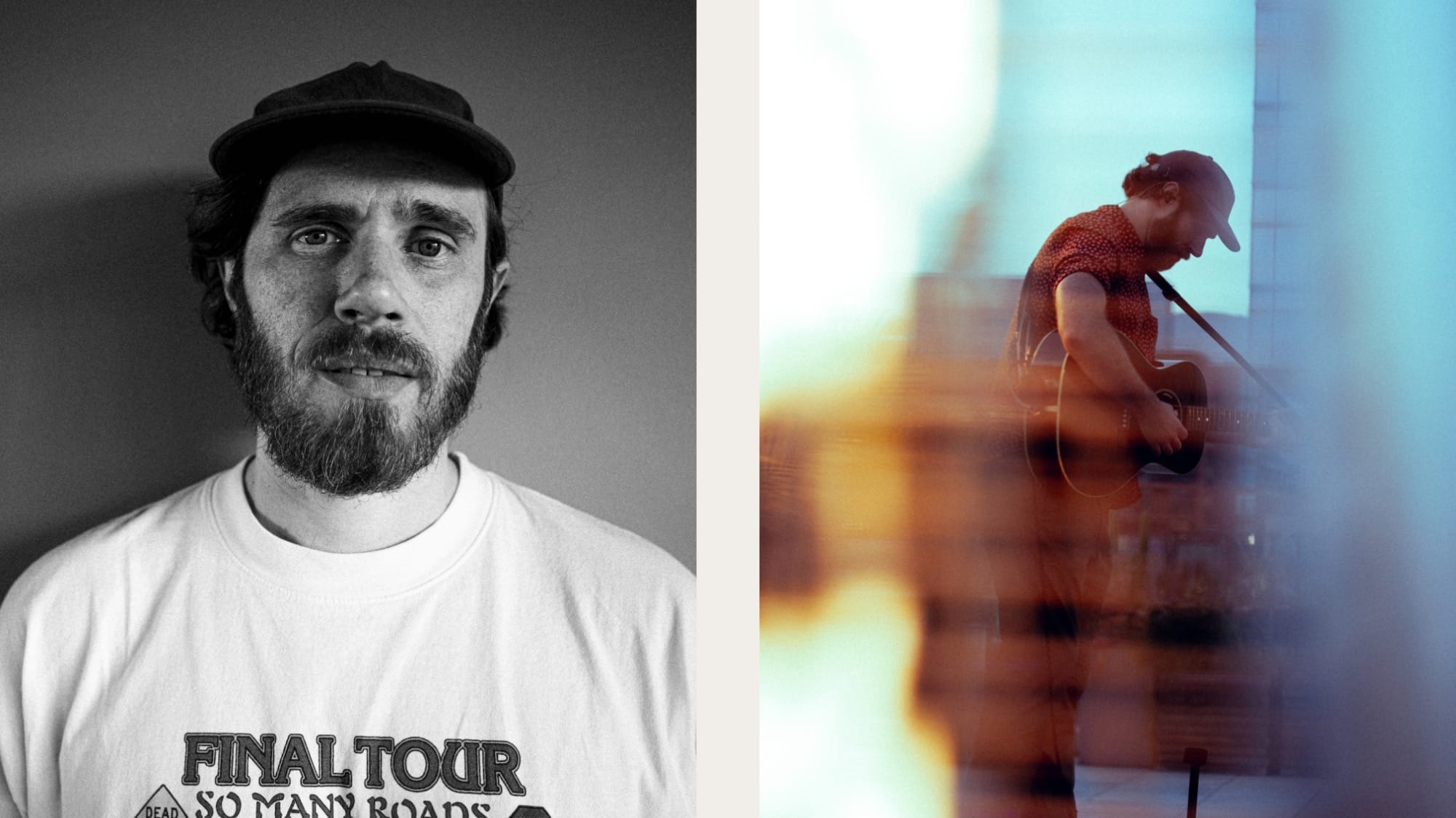
NeueJournal: What do you mean by necessary belligerence?
James Vincent McMorrow:
I just have this need to kind of detonate everything. When I made my first album my worldview was very narrow in terms of what was possible. Then I made my second record, and you get more experience, you get more money, which means you can do things you couldn’t do. The idea that I wouldn’t continue to blow things up and rebuild it feels ridiculous to me. I’m very proud of that evolution. I have a ridiculous job. I get on stage and sing high, and I write songs about my feelings and my innermost thoughts. It’s a ridiculous premise as a job. When it was a job that was invented thousands of years ago, you were hired by the king to come and sing songs…and it’s evolved into this big corporate structure, and that’s amazing, but, at its inherent root, you have to be belligerent because it’s ridiculous. There’s no surety, there’s no solidity to it…I’m confident in my songwriting, I’m confident in my singing ability, and, beyond that, I’m not confident in anything…There was that period around 2018 (and) 2019, where I felt like I was making life easier on myself. There was more path-of-least-resistance going on, and I just didn’t enjoy it. I really, really hated it. So to get back to a more belligerent mindset of, ‘I don’t know what’s going to happen; I don’t know who’s going to show up; I hope people show up; I trust that they will’, but there’s just no solidity…I kind of thrive in that.
NeueJournal: Do you see yourself more so as a musician, or do you identify as a lyricist and writer and poet? Where does the song start — with a melody or an idea or feeling
James Vincent McMorrow:
I actually see myself as a producer before I see any of those things. I did not get into music to be a singer or a songwriter—I wanted to just make sounds. Whatever those sounds would be, whether articulated vocally or whether it was just a drum pattern. When I was a kid, I was obsessed with the idea of music, and why something sounded the way it did when opposite another thing. So my driving core has always been that juxtaposition of things and the symmetry of things. I think about production before I think about anything else. I’ll never get tired of playing C major. But being in a studio trying to find an interesting way to articulate C major, that’s when it gets interesting.
On this new album, all of the songs were written on acoustic guitar and can be articulated with piano or one instrument in a linear fashion. That was very important to me. But once I get in a studio, my brain just hears things. Obviously people come to me because of the lyrics, and the way I sing them and that articulation. And that’s I guess the alchemy of it all. How we see ourselves isn’t necessarily how the world sees us.
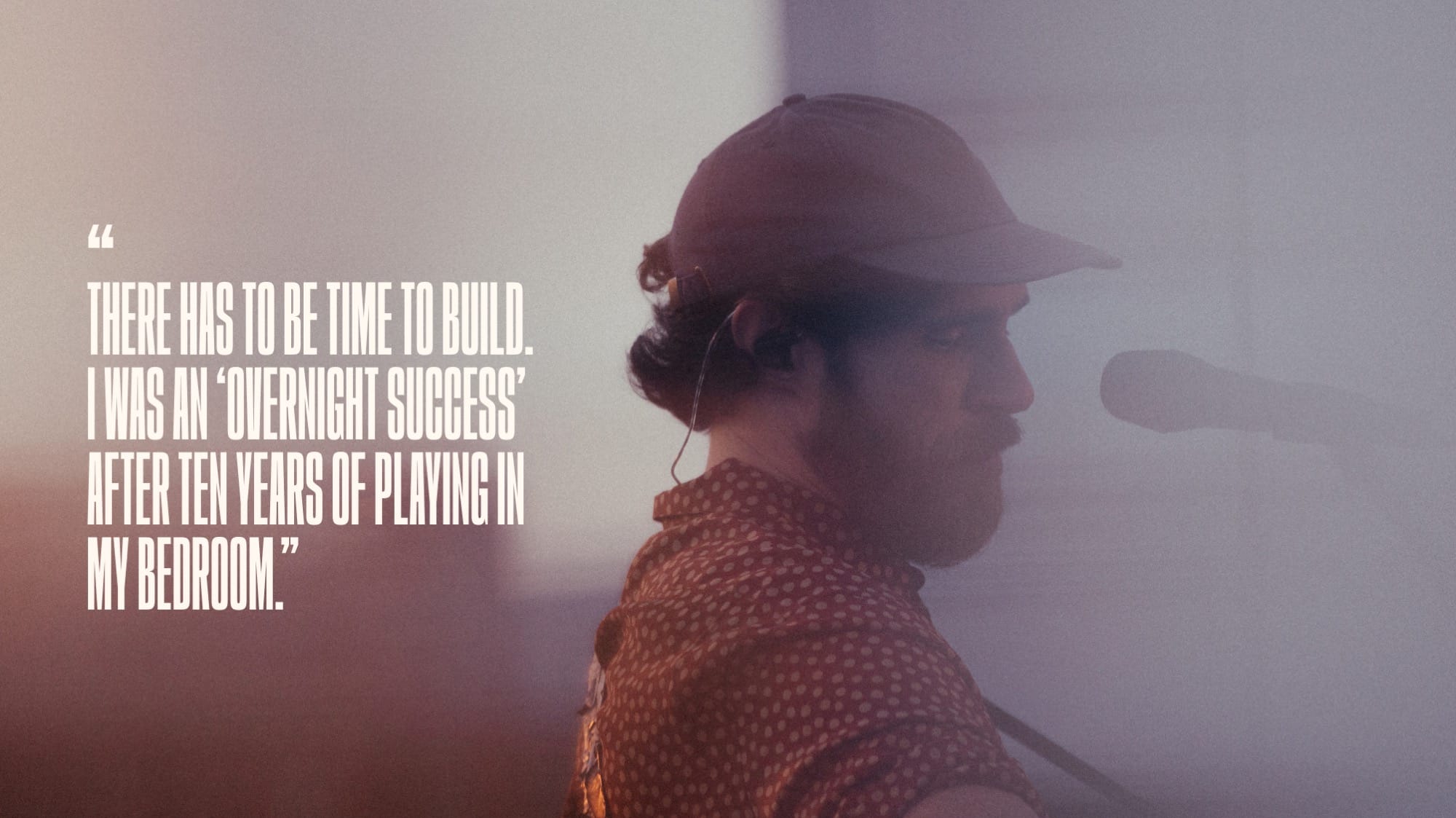
NeueJournal:
Your first album was written in Texas, on a pecan farm. Subsequent albums you’ve worked on in LA, Dublin, the UK—all over. When you’re writing an album, to what extent is your geography purposeful versus circumstantial? How does the work alter depending on your geographic context?
James Vincent McMorrow:
I am a huge believer in your location and the veneer of aesthetic that you’re exposed to having a big influence. LA has been a touchstone for me, musically, for my entire life. My favorite musicians are Elliott Smith and Fiona Apple. I’ve always been fascinated by major chords with unbelievably depressing lyrics, which to me is California. So [for example] Fiona Apple—she has an incredibly cynical, realistic worldview. Elliott Smith, the zenith for me of songwriting. These beautiful records, but just a bit of absolute heartbreak and tragedy, but over C major…that’s LA to me. When I made my third album, I moved here. Sounds like Get Low and Rising Water, were written here in LA, and wouldn’t have been written if I had been back home and working there. I was like, this isn’t it. So I changed my location. Same when I went to make the album in the pecan farm in Texas—I had been making that record back home, and it was just missing something. I kind of wanted another world because at that point in my life, I was pushing into a new thing. I’d had immense success. I wanted to remove any sense of comfort. So I think geography plays a huge part.
On my first album people hear Ireland’s rain, there’s a murkiness to it which I wouldn’t achieve anywhere else. There’s a reason Bjork is from Iceland. Iceland is dark a huge amount of time. And it’s unbelievably creative, because you have no choice but to stay indoors. So you get these unbelievable bands coming out of his tiny country. And it’s the same with Ireland, the amount of output that we have per capita is crazy. There’s something that happens when you’re in Ireland, and you have no choice but to be indoors and make this music. So I’ve always just believed in it, and I’ll always try to change my environment and find new aspects because I think it lends itself to the creative process.
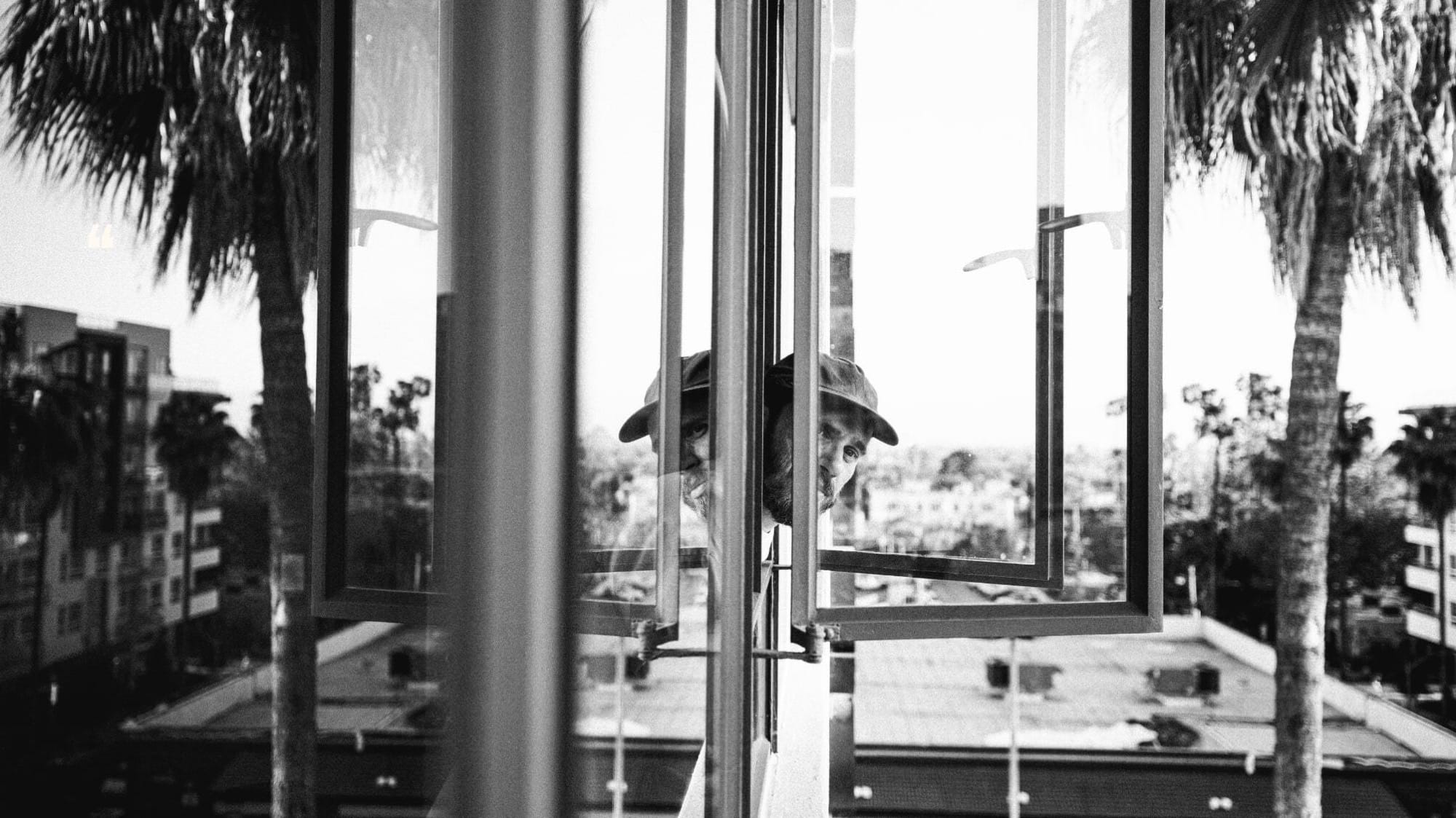
“I am a huge believer in your location and the veneer of aesthetic that you're exposed to having a big influence.”
What advice would you give to people who are coming up in this industry and wanting to do what you do?
James Vincent McMorrow
Creativity is so abstract and huge and outsized, but it’s also a business. You want to do it for your whole life, ideally, so you have to set yourself out with realistic goals…The value of a stream isn’t what it used to be. You can have 100 million streams, and you can’t sell five tickets, or you can have 1 million streams and sell out 2,000 tickets a night. That’s the thing I always wanted to do. I was never obsessed with streaming. I just wanted to sell tickets because tickets meant people cared about what I was doing. So that, to me, is the thing I always say. And if that’s 100 people or 50 people, whatever it is, find an audience, identify them, make them believe in what you’re doing, and then build it. There has to be time to build stuff. I don’t believe that everybody needs to come out of the gates…I was an overnight success after 10 years in my bedroom. You know what I mean? Just because it was my first album doesn’t mean I didn’t put in like 8, 9 years of really solid graft, playing shitty shows to nobody. I did all that stuff, and that happens less than it used to, and I think people should just get back to (it). Make a record, try and sell a few thousand copies of it, if something happens, great. But don’t feel like that’s a failure because it’s not. That’s 2,000 people that took the time to listen to your music, and if that’s a million streams, go find those people, play a show to them…People will continue to come and listen to you because they believe that what you’re doing is real. Because it is.
And if that’s 100 people, or 50, people, whatever it is, find an audience, identify them, make them believe in what you’re doing. And then build it . There has to be time to build. Like, I was an overnight success—after 10 years of my bedroom, you know what I mean? Just because it was my first album, doesn’t mean I didn’t put in like eight, nine years of really solid graft, playing shitty shows. I think people should just get back to like, make a record, try and sell a few 1000 copies of it. If something happens, great, but don’t feel like that’s a failure. Because it’s not. That’s 2,000 people that took the time to listen to your music. Go find those people and play shows to them.
What’s next for you creatively?
James Vincent McMorrow:
I’d like to do an album a year. I think that when you hit a vein of form, I think you just go with it. And like, I think my favorite periods were like back to back to back to back. I don’t do well with breaks. I’m making so much music WITH other people. I’m in LA making something with a friend of mine. I have another project that I’m doing in London with my friends who’s a producer called Little Silver, which is a bit more electronic.
Music is sacrosanct to me. And it’s very important that it exists on a very high pedestal. But that doesn’t mean it shouldn’t be breakable. Music should be a malleable, real thing. I have things to say, and things I want to put out there in the world. And that’s sort of just where I want to be. Making music is a very functional thing for me. So I’m just going to function.
—
Interview by Malka Fleischmann


